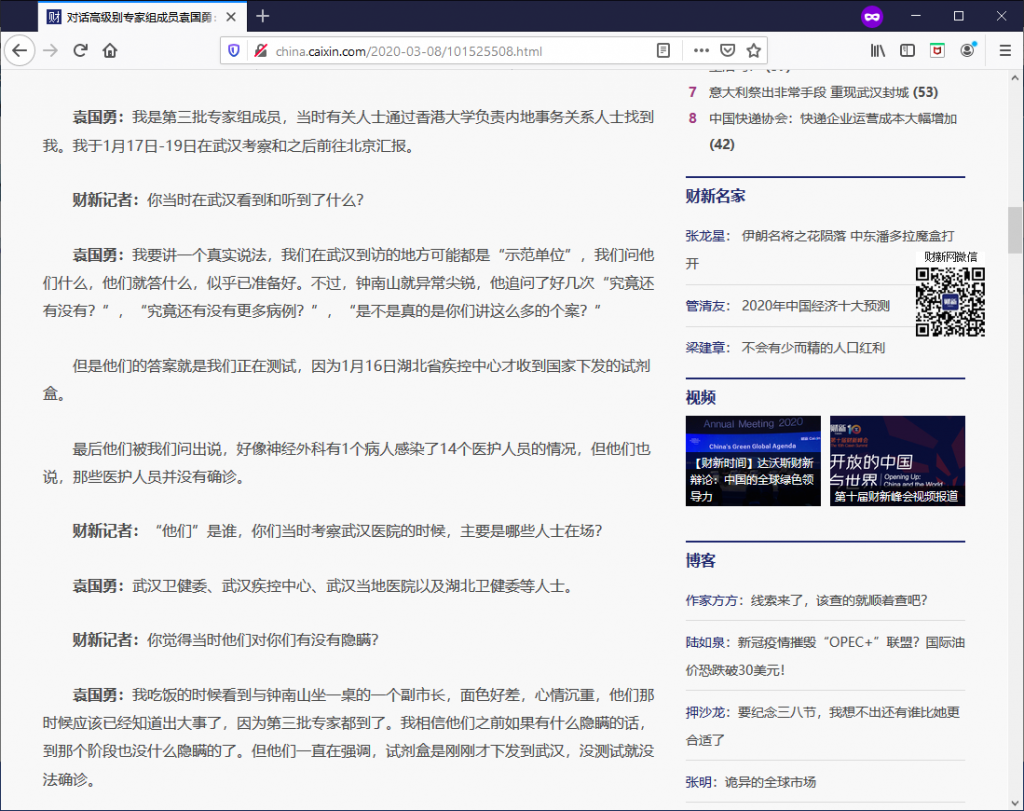Hong Kong Economic Times (HKET), the leading financial daily in Hong Kong, recently reported that, according to market researcher Counterpoint, the Apple iPhone XR was ranked number one in the 2019 global top ten best seller of the smartphone market. In fact, six Apple iPhone models are in the top ten list. Samsung took three spots. Oppo is the only Chinese brand that won a spot. Well-known Chinese vendors like Huawei and Xiaomi had no product on the top ten list. iPhone XR is the only smartphone model, among all smartphones, that scored a double-digit market share in all important regional markets across the globe. The top five in North America are all Apple iPhones. The top five in Europe are either Samsung or Apple iPhones. The top five in China are all Chinese brands.
Source: HKET, March 2, 2020
https://bit.ly/2TxM976

